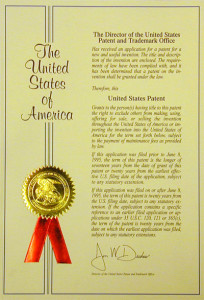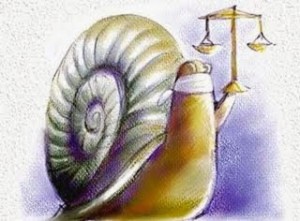 On Thursday, a Texas jury found the Baker Botts law firm negligent for filing patents for competing companies and set the damages at $40.5 million… but Baker Botts dodged the bullet, as the jury also found the plaintiff waited too long to file its claim.
On Thursday, a Texas jury found the Baker Botts law firm negligent for filing patents for competing companies and set the damages at $40.5 million… but Baker Botts dodged the bullet, as the jury also found the plaintiff waited too long to file its claim.
Axcess International hired Baker Botts in 1998 to provide general IP advice and assist with drafting and filing of patent applications for RFID technology. However, shortly after filing several patents on Axcess’ behalf, the firm also agreed to represent Savi Technologies, a competitor of Axcess, and began filing patent applications for Savi.
Axcess filed the lawsuit in 2010, alleging negligence, breach of fiduciary duty and material disclosure and claiming it only learned of the violations the year before. The jury disagreed. While if found Baker Botts breached its obligations, it found Axcess had knowledge in 2007 and the statutes of limitations had expired. Continue reading

